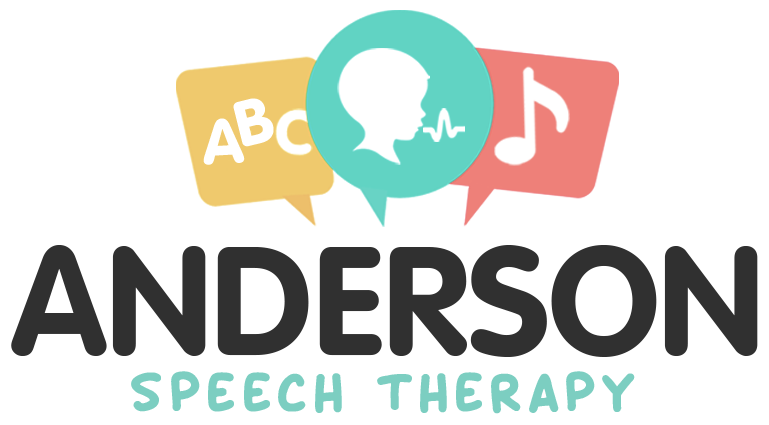
Feeding Development
Before birth, the baby:
- Begins to develop the sucking and suckling reflexes around 36 weeks.
At birth to three months, the baby:
- Demonstrates many reflexes to protect their airway.
- Responds to stimulation in and around the mouth.
- Turns their head toward the nipple when the caregiver strokes the cheeks. This signals that the baby is ready to eat.
- Consumes breast milk or formula using a nipple.
- Coordinates their breath with two to three sucks of liquid before swallowing and breathing.
At three to six months, the baby:
- Brings both hands up to clasp the bottle but needs assistance holding it.
- Consumes rice cereal or pureed fruit and pureed vegetable baby foods.
- Eats from a small infant/toddler spoon during feeding.
At six to nine months, the baby:
- Holds the bottle independently.
- Cleans the spoon with their upper lip.
- Eats pureed meats and a variety of pureed baby foods.
At nine to twelve months, the baby:
- Demonstrates lip closure while swallowing liquids and soft solids.
- Begins to self-feed by using their fingers to grab small foods. The baby may
attempt to eat small, soft dissolvable solids (i.e., soft crackers and small cereals
like Cheerios™). - Begins to experiment drinking liquids from a sippy cup.
- Begins to consume mashed table foods.
- Drinks out of a sippy cup and attempts to hold the handle independently.
- Begins to drink through a straw.
At twelve to eighteen months, the toddler:
- Coordinates sucking, swallowing, and breathing patterns for longer
sequences. - Begins to eat finely chopped table food.
- Bites through crunchy foods such as cookies and crackers.
- Moves the food in their mouth from side to side while chewing.
At eighteen to twenty-four months, the toddler:
- Feeds themselves using a spoon but may still need assistance.
At twenty-four to thirty-six months, the toddler:
- Consumes a variety of liquids and solids through straws and open mouth cups.
- Uses a spoon to scoop soft foods while feeding themselves.
- Independently moves toward fine tuning all feeding skills.
At thirty-six months to five years, the child:
- Progresses toward chewing and swallowing advanced textures (meats, fried foods,
whole fruits, etc.) with close supervision by a caregiver. - Begins (with close supervision) to use a fork to stab food.
- Drinks from an open mouth cup with no assistance.
Is mealtime causing stress in your home?
Cooking for the family is a beloved and cherished tradition in many homes. Trying new foods and socializing at mealtime impacts many facets of one’s well-being. It can be extremely stressful when you have a little one at home who does not enjoy it.
Is your child constantly drooling or having items in their mouth? Are they gagging or choking when eating or drinking? Were they born with a tongue-tie or lip tie?
These and many more questions can be answered.
Sometimes picky eating is a normal part of development, but there could be many possible reasons of why it is happening such as oral motor functioning, immature feeding patterns, sensory challenges and structural issues.
Oral motor development refers to the use and function of the lips, tongue, jaw, teeth, and the hard and soft palates.
The movement and coordination of these structures are very important in speech production, safe swallowing, and consuming various food textures.
Normal oral motor development begins prior to birth and continues beyond age three. By age four, most children safely consume solids and liquids without choking.
Oral motor skills are very important. If you feel that your child is not meeting these milestones at an age-appropriate level, please let your pediatrician know. Anderson Speech Therapy is here to help you in this process and will evaluate and develop a plan to strengthen your child’s oral motor and feeding skills.
Use the following list of developmental milestones to monitor your child’s progress toward oral motor and swallowing development.
Questions are welcomed and encouraged!
Anderson Speech Therapy wants to provide you with as much information as we can within our scope of practice. Further, we recognize your dedication to playing a key role in your child’s feeding development and success.


